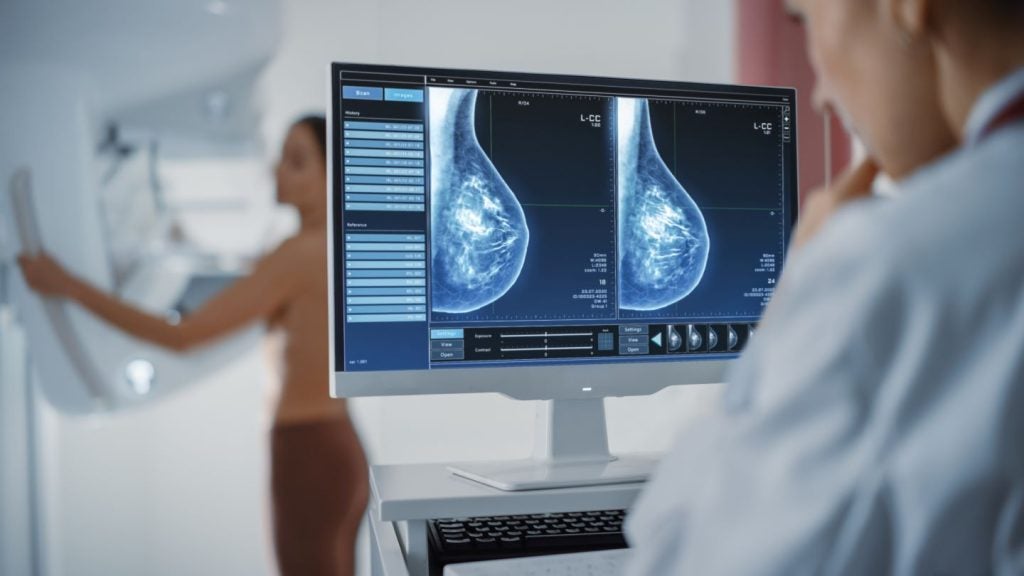Respiratory Tract Infections is an indication for drug development with over 120 pipeline drugs currently active. According to GlobalData, preregistered drugs for Respiratory Tract Infections have a 90% likelihood of approval (LoA) indication benchmark. GlobalData’s report assesses how phase transition success rate (PTSR) and likelihood of approval (LoA) scores for pipeline drugs in Respiratory Tract Infections compared to historical benchmarks. Buy the report here.
GlobalData tracks drug-specific phase transition and likelihood of approval scores, in addition to indication benchmarks based off 18 years of historical drug development data. Attributes of the drug, company and its clinical trials play a fundamental role in drug-specific PTSR and likelihood of approval.
Respiratory Tract Infections overview
Respiratory tract infections (RTIs) are infectious diseases that affect the respiratory tract. They can affect parts of the body involved in breathing, such as the sinuses and throat. RTIs are usually caused by viruses, such as rhinovirus, coronavirus, parainfluenza, respiratory syncytial virus (RSV), adenovirus, human metapneumovirus, and influenza. Symptoms include coughing, discomfort in the nasal passages, mild fever, excess mucus, nasal congestion, pain or pressure within the face, runny nose.
For a complete picture of PTSR and LoA scores for drugs in Respiratory Tract Infections, buy the report here.
Premium Insights
From

The gold standard of business intelligence.
Blending expert knowledge with cutting-edge technology, GlobalData’s unrivalled proprietary data will enable you to decode what’s happening in your market. You can make better informed decisions and gain a future-proof advantage over your competitors.







